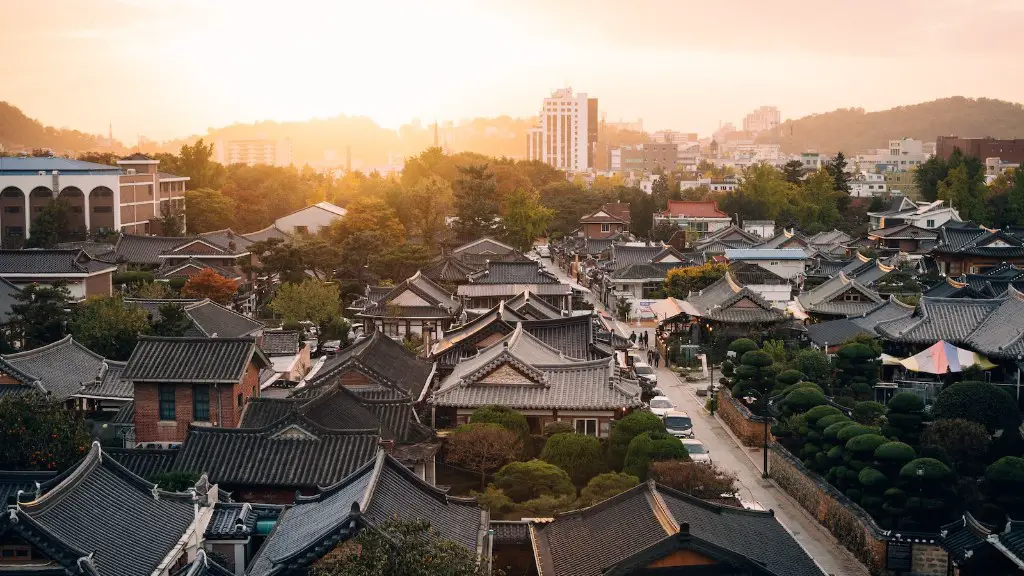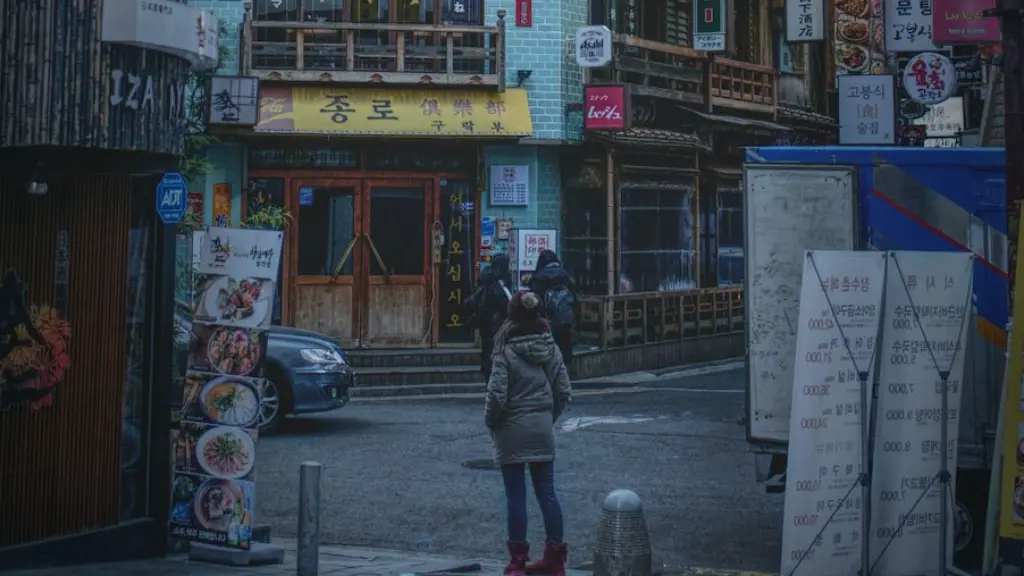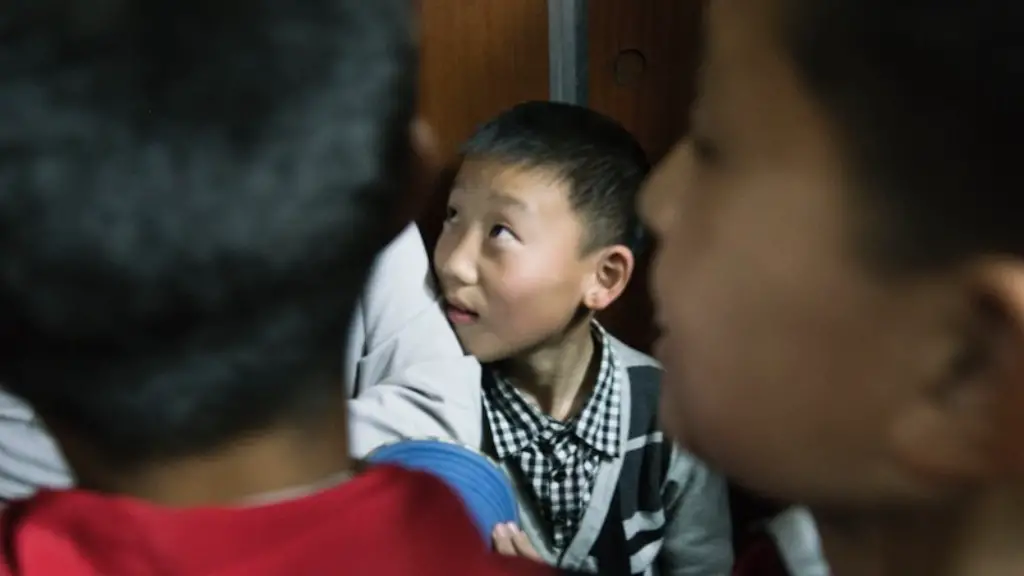Background
The Democratic People’s Republic of Korea (DPRK), or North Korea, is a one-party authoritarian state with a centrally planned economy. It is a society with a level of political control and limited freedom of expression unparalleled in the modern world. North Korea is a mystery to outsiders and the little information that is available suggests its leadership is harsh, brutal and oppressive. The government is led by a single political party, the Korean Workers’ Party (KWP), whose leader, Kim Jong Un, holds absolute power and has continually refused to recognize the basic rights of its citizens.
Political System
North Korea claims to be a “juche” state – a highly centralized system of government under a single-party leadership. The ideological basis of the juche system is a blend of Korean nationalism and Marxism-Leninism. The KWP has exclusive control over the organisation of society and all levels of government. The party is responsible for setting policy, selecting leaders and deciding on political, economic and security strategy. North Korea’s constitution guarantees citizens freedom of speech, assembly and association, although these rights are generally not respected in practice.
Voting System
Voting in North Korea is not free and fair, with only one slate of candidates approved by the KWP allowed to contest each election. As the constitution is itself subservient to the party, it does not provide meaningful checks and balances to ensure the civil rights of its citizens are upheld. The result of these elections is always a landslide victory for the KWP, and turnouts are artificially inflated to boost its share of votes. This is often done through the use of a public-voting system, in which citizens are “persuaded” to vote in order to demonstrate loyalty to the party.
Circumstances
The political system in North Korea is extremely oppressive, with little space for any voice of dissent or challenges to the regime. The economy is heavily sanctioned by the international community, resulting in a lack of resources to meet even its most basic needs. The media and internet are heavily censored and access to the outside world is restricted. This lack of access to information has resulted in most North Koreans being unaware of the realities of life beyond its borders.
Impact
The level of oppression in North Korea has led to its people suffering from a range of human rights abuses, including forced labour, extrajudicial executions and torture. The lack of freedom of expression has enabled the leadership to stay in power for generations and there is little sign of any change in the near future.
International Relations
North Korea has few official international allies and its relations with the rest of the world are strained at best. The most notable relationships are with China, which is its closest ally, followed by Russia. These relationships are largely based on economic and security ties and are often used by North Korea to counterbalance international criticism of its human rights record.
Foreign Investments
North Korea does not have a favourable foreign investment regime, with limited access for foreign businesses and few incentives for foreign investment. The legal system is unclear and inconsistent, and there is a high risk of expropriation of assets. Businesses are also subjected to stringent approval processes in order to operate in the country.
Constraints
The political system in North Korea places significant restrictions on its citizens’ freedom of movement, assembly and expression. Political meetings are prohibited, public demonstrations are regularly crushed and the borders are tightly controlled. All forms of media are heavily censored, and citizens wishing to access information must do so through the official state media or risk punishment.
Influence
North Korea’s leadership has long sought to project an image of strength and stability to the outside world, while suppressing dissent at home. Its regime has been highly resistant to change and has only further entrenched itself in the face of international condemnation. This has resulted in North Korea remaining one of the world’s most closed and repressive countries, with the population largely unaware of life beyond its borders.
International Criticisms
North Korea has been subject to consistent criticism from the international community for its poor human rights record and its refusal to recognize basic rights, such as freedom of speech. The United Nations, the United States, and other countries have all condemned North Korea for its repressive regime and human rights abuses.
Refugee Crisis
The situation in North Korea has led to a steady stream of refugees fleeing the country in search of a better life. Many of these refugees face the threat of detention, torture or even death if they are caught by the authorities. This has resulted in a refugee crisis in neighbouring countries, who are struggling to cope with the influx of people.
Conclusion
North Korea is a highly repressive state, with a political system that allows no space for public debate or criticism of the regime. Citizens are denied their basic rights and subjected to oppressive and draconian measures if they fail to comply with the law or act against the interests of the state. This has resulted in an ongoing refugee crisis in the region, as citizens flee the country in search of a better life. International criticism of North Korea has been strong, but so far the regime has remained stubbornly resilient in the face of external pressure.



